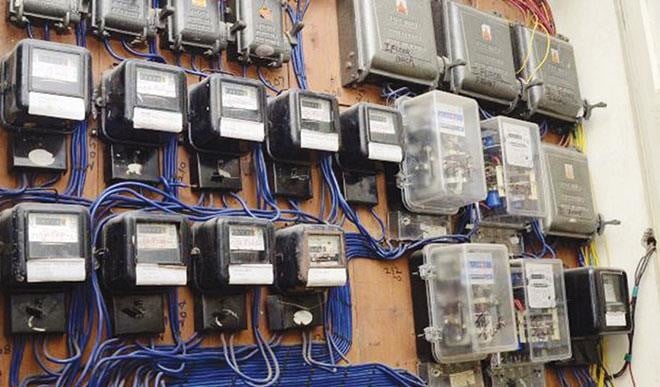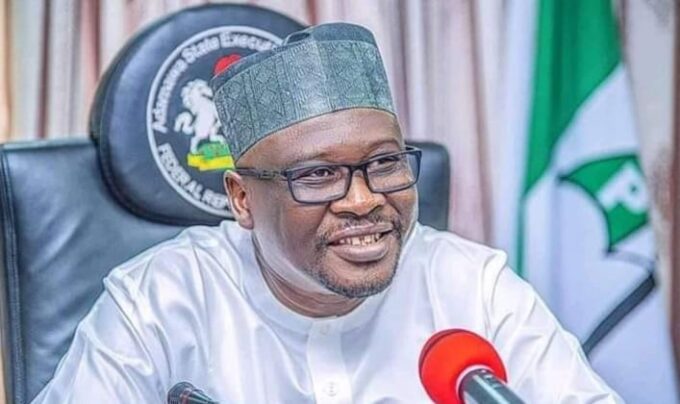Electricity generation companies (GenCos) have strongly opposed the recent decision by the Enugu Electricity Regulatory Commission (EERC) to slash tariffs for Band A customers, warning that the move could worsen the sector’s already dire financial state.
Under the new tariff order, MainPower Electricity Distribution Limited is set to charge N160 per kilowatt-hour (kWh) for Band A customers, a reduction from the previous N209/kWh, a drop of N49. The EERC described the revised rate as cost-reflective, noting that it includes the federal government’s subsidy which covers only N45 of the actual N112 generation cost.
But the Association of Power Generation Companies (APGC), the umbrella body for GenCos, says the decision is unrealistic and will only lead to deeper debt within Nigeria’s struggling power sector.
“It is imperative to state that there is no FGN policy on subsidies. It is debt accumulation!!! If anyone has the proposed policy document, please kindly share publicly,” said Joy Ogaji, Chief Executive Officer of APGC, in a statement on Monday.
Ogaji warned that the new tariff could set a dangerous precedent for other states exploring decentralised electricity regulation, while ignoring the financial realities facing the industry.
“From EERC’s tariff order, only N45 is captured for generation cost out of the actual N112. This portends a bigger issue in the decentralisation of power to the states,” she said.
She questioned how states like Enugu plan to handle the huge liabilities inherited from the national power system, especially legacy debts that accumulated post-privatisation but before the transition to state-level control.
“Does this position mean EERC is looking to the FGN to continue subsidising their electricity? How does EERC account for their share of the accumulated sector debt, or are they assuming assets with no liabilities?” Ogaji asked.
“Should EERC not be designing its tariff to remove dependency on the FGN and make its market attractive for investors?”
Ogaji also pointed out that the federal government has allocated N900 billion for electricity subsidy in the 2025 budget, which she said is grossly inadequate. With average monthly invoices for power generation hitting N250 billion, the annual cost would exceed N3 trillion, she noted.
“The N45 of generation cost that EERC is assuming in their tariff setting, out of the average N112, implies they are accounting for just 40 percent,” Ogaji explained. “That means 60 percent is expected to be covered by a federal subsidy — but even the N900 billion promised is not yet cash-backed.”
The GenCos are urging regulators to adopt realistic, market-driven tariffs to attract investment, reduce reliance on unsustainable subsidies, and prevent further accumulation of debt in Nigeria’s fragile electricity supply industry.


















Leave a comment